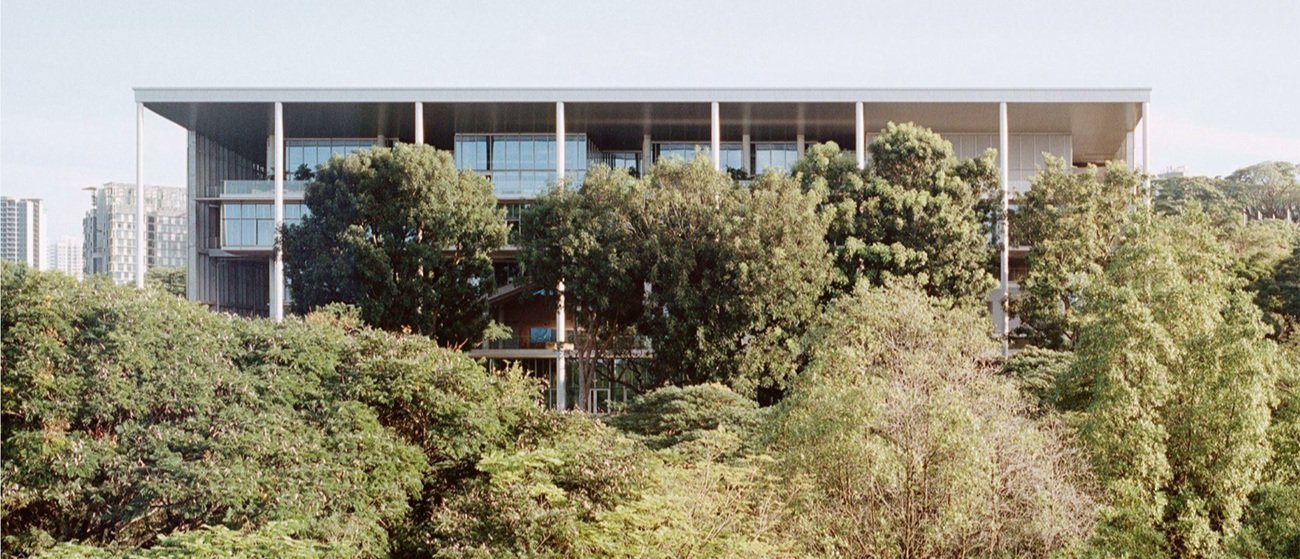
Campus wide microclimate assessment initiative for urban heat island mitigation
Access our Digital Twin Portal (only for PC/laptop)
Climate change is a global challenge impacting every part of the planet. One critical aspect is the urban heat island (UHI) effect. Addressing this issue requires collaboration and robust data sharing.
Our mission is to raise awareness about the climate emergency and find practical solutions. Similarly, our aim is to promote collaboration among the bright minds at NUS, using the campus as a living lab and test bed to assess urban heat island effects and thermal comfort issues through the BEAM framework.
National University of Singapore (NUS) has been actively involved in pursuing translational research on mitigating urban heat island UHI impact and improving outdoor thermal comfort. The ongoing CoolNUS initiative by the NUS President, University Campus Infrastructure (UCI), and College of Design and Engineering (CDE), has been exploring and testing various means to alleviate UHI impact. This effort has been supported by Baseline-Evaluating-Action-Monitoring (BEAM) initiative, a campus-wide sensing to monitor the micro-climate condition. Hence, various scale mitigation strategies imple-mentation can be monitored and validated with the sensing campaign.
The objective is to improve campus climate resilience through a compre-hensive sensing campaign and UHI mitigation test bedding for various mitigation strategies. An extensive network of campus-wide sensors is collecting high-resolution environ-mental data to establish the baseline microclimate conditions and identify hot and cool spots.
Weather Stations
40 units
Infrared Thermal Cameras
6 units
Meteorological Towers
3 units
Urban Heat: Understanding, Adapting, Overcoming.
Urban heat islands (UHI) significantly increase temperatures in cities compared to surrounding rural areas, exacerbating heat-related health risks and energy consumption. Effective solutions require collaborative efforts and innovative approaches to mitigate these impacts and enhance urban living conditions.
Our first step in addressing the UHI problem is data collection through microclimate sensing across the NUS Kent Ridge area. Using this data, we established a baseline to benchmark the current campus conditions, which will inform various mitigation strategies and future climate change projections.
CAMPUS SUSTAINABILITY ROADMAP 2030
NUS has established a long-term Campus Sustainability Roadmap 2030 with key strategic programmes: Carbon Neutral NUS, Cool NUS, Zero Waste NUS and Campus in a Tropical Rainforest. The roadmap is an comprehensive efforts, supported by Green Financing, covering climate mitigation, climate adaptation, resource efficiency and behavioural change for sustainability. The CoolNUS - BEAM initiative has a significant role to reach the goals of this campaign.





